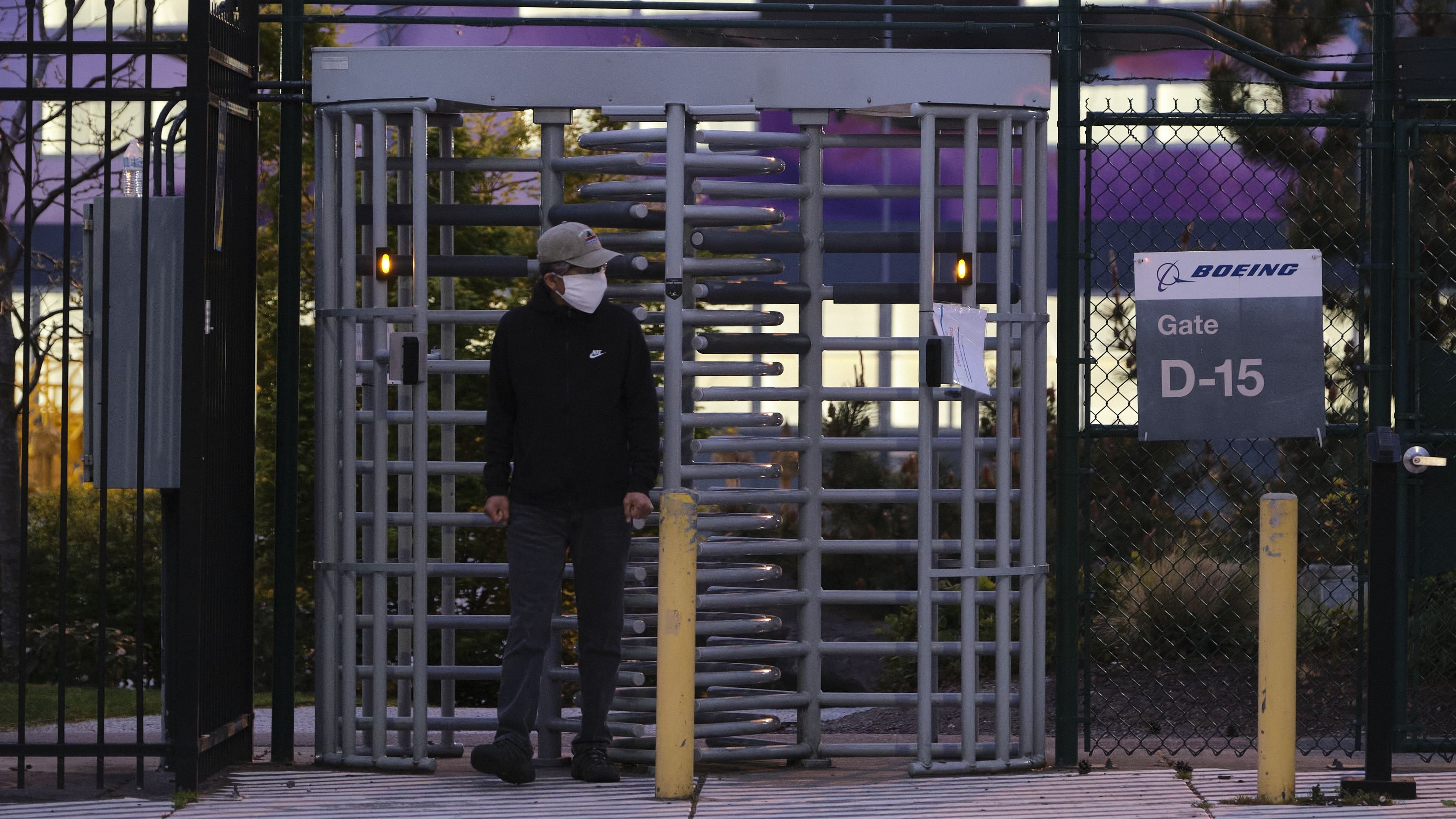WASHINGTON ― The White House and Senate Republicans are nearing an agreement on a $1 trillion-plus economic rescue proposal that would also seek $21 billion for defense, according to a draft obtained by the New York Times on Thursday.
The emerging GOP proposal would include $11 billion in payments to contractors under the Section 3610 of the Coronavirus Aid, Relief and Economic Security Act, which allowed firms serving the federal government to seek reimbursement for pandemic-related expenses.
However, amid reports of internal divisions―over the defense money and other aspects―Republicans delayed the rollout to at least next week.
Defense trade associations, along with dozens of industry executives, have conducted a vocal lobbying effort across government to secure the money as they grapple with the economic damage wrought by the coronavirus pandemic.
It was unclear from the draft document — essentially a list of priorities and amounts — what the remainder of the defense funding would be for. The line item in the draft read only: “$20 billion — Defense total ($11 billion of which is for 3610 payments to contractors.” The funding follows $10.5 billion the Pentagon previously received under the CARES Act.
The emerging proposal would include another round of stimulus payments to individuals, additional aid to small businesses and a partial extension of enhanced unemployment benefits, according to a summary circulating on Capitol Hill that was obtained by the New York Times.
RELATED

The defense portion would be a boon to the Pentagon and its suppliers, but it’s by no means a done deal. The White House and Senate Republicans, which took months to draft the proposal, faced more delays this week over internal disagreements ― as well as coming negotiations with Democrats, who have sought as much as $3.5 trillion for coronavirus relief.
Treasury Secretary Steven Mnuchin, meeting with Senate Majority Leader Mitch McConnell, R-Ky., and White House chief of staff Mark Meadows, told reporters that staff are working to finalize text of the agreement, which was expected to be released as a group of bills instead of one piece of legislation.
Underscoring the difficulties, House Speaker Nancy Pelosi, D-Calif., and Senate Minority Leader Chuck Schumer, D-N.Y., on Thursday rejected the GOP’s “piecemeal” approach, saying the proposal fell “very short.” It omits Democratic priorities like food assistance, aid to prevent evictions, hazard pay for essential workers, and aid to states and communities, they said.
Since officials with the Department of Defense have called for defense reimbursements in the low double-digit billions, warning that they would otherwise have to raid modernization and readiness accounts for the funding, some analysts have predicted Congress would address the need.
“We expect the Senate’s version of the next COVID-19 relief package to include money for Section 3610 impacts and related cost impacts,” Roman Schweizer of the Cowen Group wrote Thursday in a note to investors. “We think this money will be small compared to the total cost of the bill (~$1T+) and will be included in the final bill. This will be positive for defense [firms] and allow DoD to protect investment accounts. We expect a lengthy, complicated process for cost recovery.”
In a Senate floor speech earlier in the week, Senate Armed Services Committee Chairman Jim Inhofe said Congress ought to follow through on Section 3610 with appropriations, or risk delays and cost overruns in weapons programs as well as attrition in the defense industry’s workforce.
“Defense industrial companies have done a great job in ensuring that their suppliers — primarily thousands of small businesses — stay open and keep their employees paid,” said Inhofe, R-Okla. “In the CARES Act, we gave DoD the authority and the tools to reimburse these companies to keep the defense workforce strong. But the DoD needs money to use these tools.”
Joe Gould was the senior Pentagon reporter for Defense News, covering the intersection of national security policy, politics and the defense industry. He had previously served as Congress reporter.








